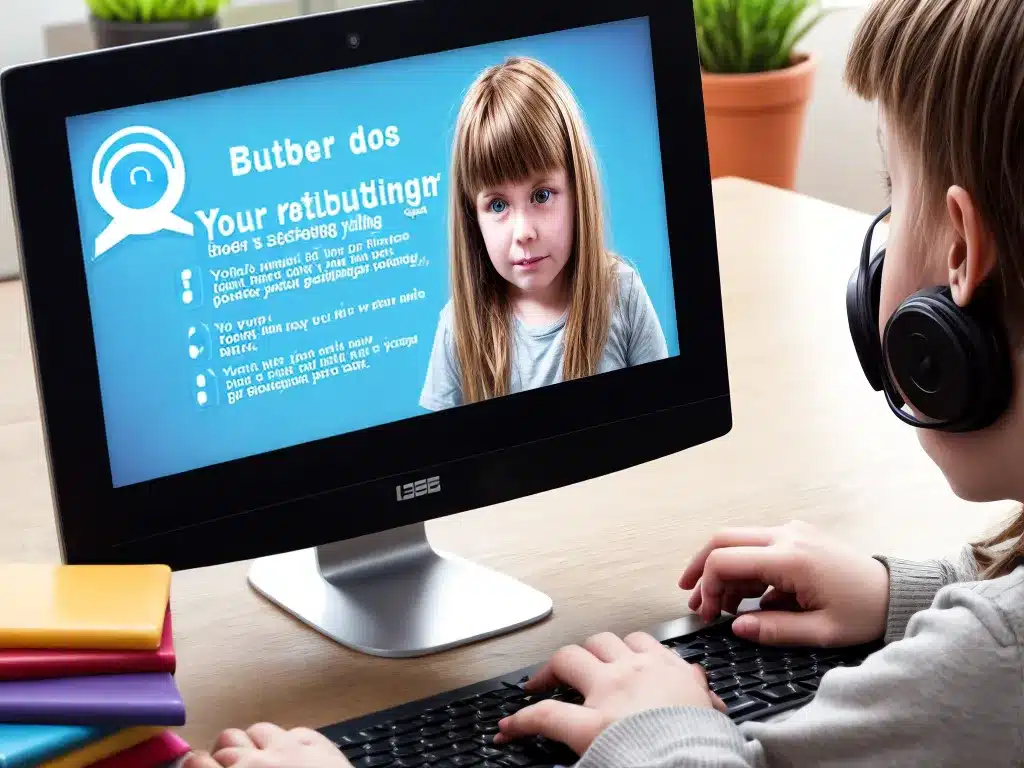
As a parent, keeping your kids safe online is a top priority. Cyberbullying can have serious consequences for kids, so it’s important to understand what it is and how to prevent it. Here are some tips for protecting your kids from cyberbullying:
What is Cyberbullying?
Cyberbullying is the use of electronic communication to bully someone, typically by sending intimidating or threatening messages. It can occur over social media, texting, online forums, and gaming platforms. Cyberbullying differs from traditional bullying because it can happen anywhere and at any time of day. The bullying messages and images can also spread virally to a wide audience.
Some examples of cyberbullying include:
- Sending mean or threatening text messages or emails
- Spreading rumours and lies about someone online
- Posting embarrassing photos of someone without consent
- Creating fake profiles to impersonate someone
- Publicly shaming and harassing someone on social media
Recognizing Signs of Cyberbullying
As a parent, being aware of potential signs of cyberbullying can help you detect it:
- Anxiety or depression when using digital devices
- Withdrawing from family and friends
- Declining grades and school performance
- Losing interest in social activities
- Avoiding discussions about online activities
- Self-destructive behaviors like self-harm
Your child may also seem more irritable or angry after using devices. Pay attention if your child becomes abnormally secretive about online activities.
Tips to Prevent Cyberbullying
Here are some proactive ways to help prevent cyberbullying:
Talk Regularly About Online Behavior
- Discuss treating others with kindness and respect online
- Set clear guidelines for appropriate online conduct
- Make sure kids understand cyberbullying is unacceptable
- Encourage kids to come to you about any cyberbullying they experience or see
Limit Access to Devices and Accounts
- Set time limits for daily device usage
- Restrict access to devices in bedrooms after certain hours
- Know account logins and monitor activity
- Enable privacy settings on accounts to limit sharing
Educate About Online Safety
- Advise kids to avoid sharing personal info online
- Caution about opening messages from unknown senders
- Explain that cyberbullying is against the law
Respond Supportively if Cyberbullying Occurs
- Let your child know you take it seriously and will address it
- Document evidence of cyberbullying
- Report abusive content to platforms and authorities
- Consult school and counselors about additional help
Being involved and communicating openly with kids goes a long way toward preventing cyberbullying. With awareness and preventive measures, you can help protect your kids from the dangers of cyberbullying.












